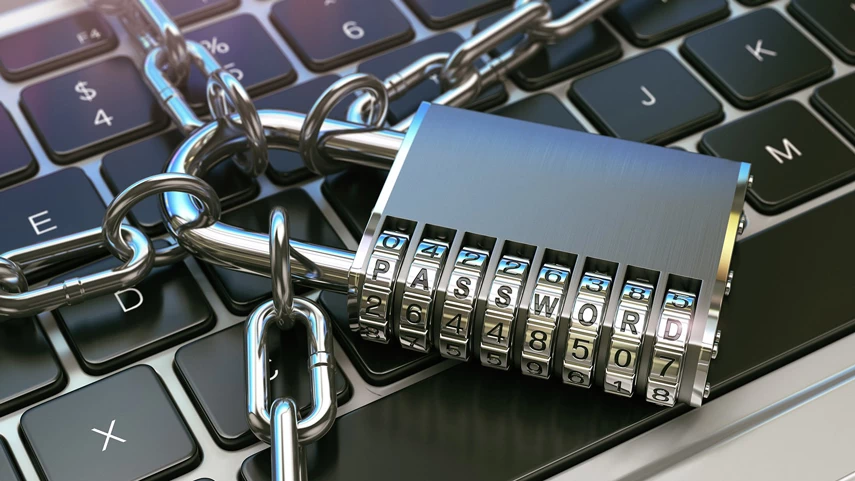Welcome to Learning About Tech with Insight IT! In this series, we take the complex jargon of the tech world and break it down into bite-sized pieces of information that anyone can understand. Whether you’re a seasoned computer whiz or just starting to navigate the digital landscape, we’re here to empower you with knowledge.
Alright, so What’s a Firewall?
Think of your computer network as your house. You want friendly visitors (emails, websites) to come in and have a good time, but you definitely don’t want any unwanted guests (hackers, viruses) causing trouble. That’s where a firewall comes in – it acts as your digital security guard.
Here’s how a firewall works:
Imagine a bouncer at a club. The bouncer checks IDs and lets people in based on certain criteria. A firewall does something similar. It monitors incoming and outgoing traffic on your network, checking if it’s authorised and safe. It can then:
• Allow traffic that meets your security criteria, like emails from known senders or visits to secure websites.
• Block suspicious traffic, like attempts to access your computer from unknown sources or hackers trying to steal data.
Why is a firewall important?
In today’s digital world, cyber threats are everywhere. Hackers are constantly looking for ways to exploit vulnerabilities in computer systems. A strong firewall acts as a first line of defence, helping to:
- Prevent malware infections: Firewalls can block malicious software like viruses and ransomware from entering your network.
- Stop data breaches: They can help prevent unauthorised access to your computer or network, protecting your sensitive information.
- Maintain internet privacy: By filtering traffic, firewalls can help keep your online activity private.
Types of Firewalls:
There are different types of firewalls, each with its strengths:
Hardware firewalls
These are physical devices that sit between your network and the internet, offering a strong layer of protection.
Software firewalls
These programs are installed on your computer and monitor traffic directly. Many operating systems come with built-in firewalls.
Keeping Your Firewall Strong
Firewalls are essential, but they’re not foolproof. Here are some tips to keep your firewall running smoothly:
- Update your firewall regularly: Just like any software, firewalls need updates to stay effective against evolving threats.
- Use strong passwords: Complex passwords make it harder for hackers to bypass your security measures.
- Be cautious about what you click on: Phishing emails and malicious websites can trick you into downloading malware that can disable your firewall.
MSPs and Firewalls
Many Managed Service Providers (MSPs) like us offer firewall management as part of their services. We can help you choose the right firewall solution, configure it for optimal protection, and keep it updated with the latest security patches. This allows you to focus on your business while we handle the technical aspects of keeping your network safe.
Remember: A firewall is a crucial part of your cybersecurity strategy. By understanding how it works and taking steps to maintain it, you can help keep your valuable data and devices safe from harm.
Want to learn more? Feel free to contact us, we’re happy to answer any questions you have about firewalls or other cybersecurity solutions.




